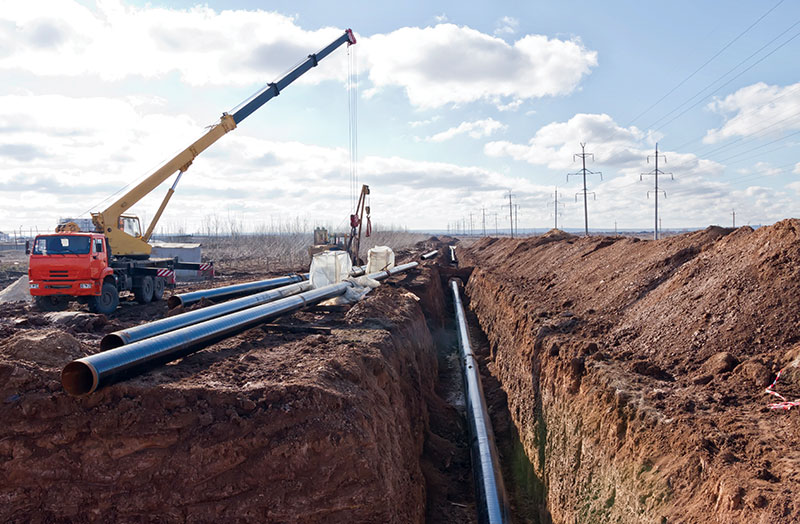Navigator CO2 Ventures Cancels 1,300-Mile Carbon Pipeline Project in U.S. Midwest
(Reuters) — Navigator CO2 Ventures has canceled its Heartland Greenway pipeline project aimed at capturing 15 million metric tons of carbon dioxide annually from Midwest ethanol plants and storing it permanently underground, the company said, citing "unpredictable" state regulatory processes.
RELATED: Navigator CO2 Ventures Seeks Pause in Iowa Permit Process for 1,300-Mile Carbon Pipeline
The cancellation of one of the biggest projects of its kind is a setback to the development of carbon capture and storage (CCS) projects in the U.S., which are a pillar of President Joe Biden's climate strategy. It is also a blow to the ethanol industry, which sees CCS as key to cutting emissions from producing the fuel.
The Navigator project would have laid 1,300 miles (2,092 km) of pipeline across five states. Residents along the route expressed concern to state regulators about potential safety risks if the pipeline should leak and about harm to their land from construction.
In September, the company's permit application was denied by South Dakota regulators and this month the company asked Iowa regulators to pause its permit process.
Navigator withdrew its permit application on Oct. 10 in Illinois, where it hoped to store the captured carbon, according to the state regulatory docket.
"The people united to resist Navigator at every level in every corner of every state and we won," said Jess Mazour, an Iowa organizer with the Sierra Club environmental group, which opposes carbon pipelines.
Navigator had partnered with South Dakota-based Poet, the nation's largest biofuel company, to capture emissions from 18 of its plants in Iowa, Nebraska and South Dakota.
Asked about the project's cancellation, a Poet spokesperson said CCS can benefit rural communities by decarbonizing ethanol production and that "states that are slow to adopt these technologies risk being left behind."
Another major CCS pipeline project proposed by Summit Carbon Solutions has also faced setbacks amid landowner concerns, including permit denials in South and North Dakota.
Asked about Navigator's cancellation, Summit said in a statement that it is "well-positioned to add additional plants and communities to our project footprint."
Summit recently said its pipeline will start operating in 2026, a delay from its initial timeline of 2024.
Related News
Related News

- Keystone Oil Pipeline Resumes Operations After Temporary Shutdown
- Freeport LNG Plant Runs Near Zero Consumption for Fifth Day
- Biden Administration Buys Oil for Emergency Reserve Above Target Price
- Mexico Seizes Air Liquide's Hydrogen Plant at Pemex Refinery
- Enbridge to Invest $500 Million in Pipeline Assets, Including Expansion of 850-Mile Gray Oak Pipeline





Comments